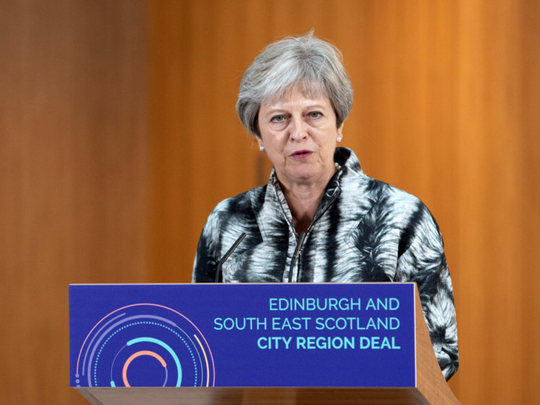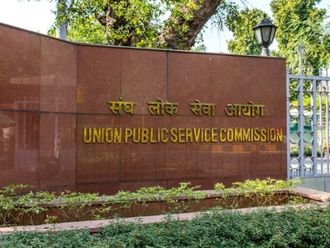
The catastrophic economic consequences of a hard Brexit for the United Kingdom and damage to the rest of the European Union (EU) understandably dominate the headlines. It must be a concern for everyone, regardless of how they voted in the referendum, that after a two-year wait for a government plan the main customs proposals have already been ruled out and warnings are growing about a damaging no-deal Brexit.
Viewed from the continent, it is hard to imagine that anyone in the UK voted for a no-deal outcome or to get poorer. While I should declare an interest as a former commissioner of the EU, I want to stress that my major concern is how we ensure the best relations between the UK and EU27, in particular the social, cultural and educational links we share.
Most obviously, there are around a million Britons who live on the European continent. According to the United Nations, the UK has the fifth highest expat population in the EU, after Poland, Romania, Germany and Italy. More than 2.3 million EU citizens work in the UK, making a big contribution to the National Health Service, hospitality sector and agriculture. This has been made possible by the free movement of people within the EU.
Meanwhile, the Office for National Statistics in UK has reported that nine out of the top 10 tourist destinations for Britons in 2016 were EU countries. This ease of travel is backed by established systems and arrangements for flights and health care. We have started taking this all for granted.
Particular beneficiaries have been young people from the UK. More than 200,000 British students have taken part in the Erasmus education scheme since it was established in 1987. Around a third of those students have had direct work experience placements. Hundreds of thousands others just enjoy the opportunity to travel, whether to the beaches of the Mediterranean, city breaks across the continent, or the Interrail experience.
Unsurprisingly, young people in the UK voted overwhelmingly to remain in the EU — around 70-75 per cent by most estimates. What kind of Brexit is being negotiated for young people? Will their job prospects be improved or not? Will it safeguard their educational opportunities? Will it guarantee them the same freedom of travel? Will they have the same quality of health cover?
Already some of the longer-term signs are not promising, especially with the economic shock of a no-deal Brexit. This is also true with education. According to the British Council, language provision already “looks increasingly vulnerable”, and Brexit could diminish the already “limited language capability” in the UK. The number of pupils taking modern languages such as French and German has declined dramatically, as have the number of foreign language assistants. No wonder the British Council warns that more young people must learn languages if the UK is to remain globally competitive post-Brexit.
I am currently in charge of the Alpbach Forum, the European festival of ideas. We bring together thousands of international experts to the forum in the Austrian Alps and offer 700 scholarships for young people to take part. Because of the low number of applications from the UK there will be fewer than 10 British student participants. A participation rate of 1.4 peer cent from a major European country at a major European event is extremely poor. It is not good enough.
I want to encourage the next generation in the UK to maintain links with the rest of Europe, and not weaken them. To that end, I would encourage those with ideas, hopes and aspirations to have a look at what is happening at the Alpbach Forum this month and apply to take part next year.
Europe is much more than the EU, but it is the main institution to improve economic, social and cultural connections. British citizens, especially the young, will remain connected in many ways to the rest of Europe regardless of Brexit, and we must foster that.
However, we cannot take it for granted. We need to work at it. I fear that this is being lost in all the drama of Brexit negotiations. There are now only two months scheduled to reach an agreement. The stakes are really high for the economy — but also for the next generation of young people from across the nations and regions of the UK. Surely, we owe them the best future possible.
— Guardian News & Media Ltd
Franz Fischler, a former European Union commissioner, is president of the Alpbach Forum, the European festival of ideas.








